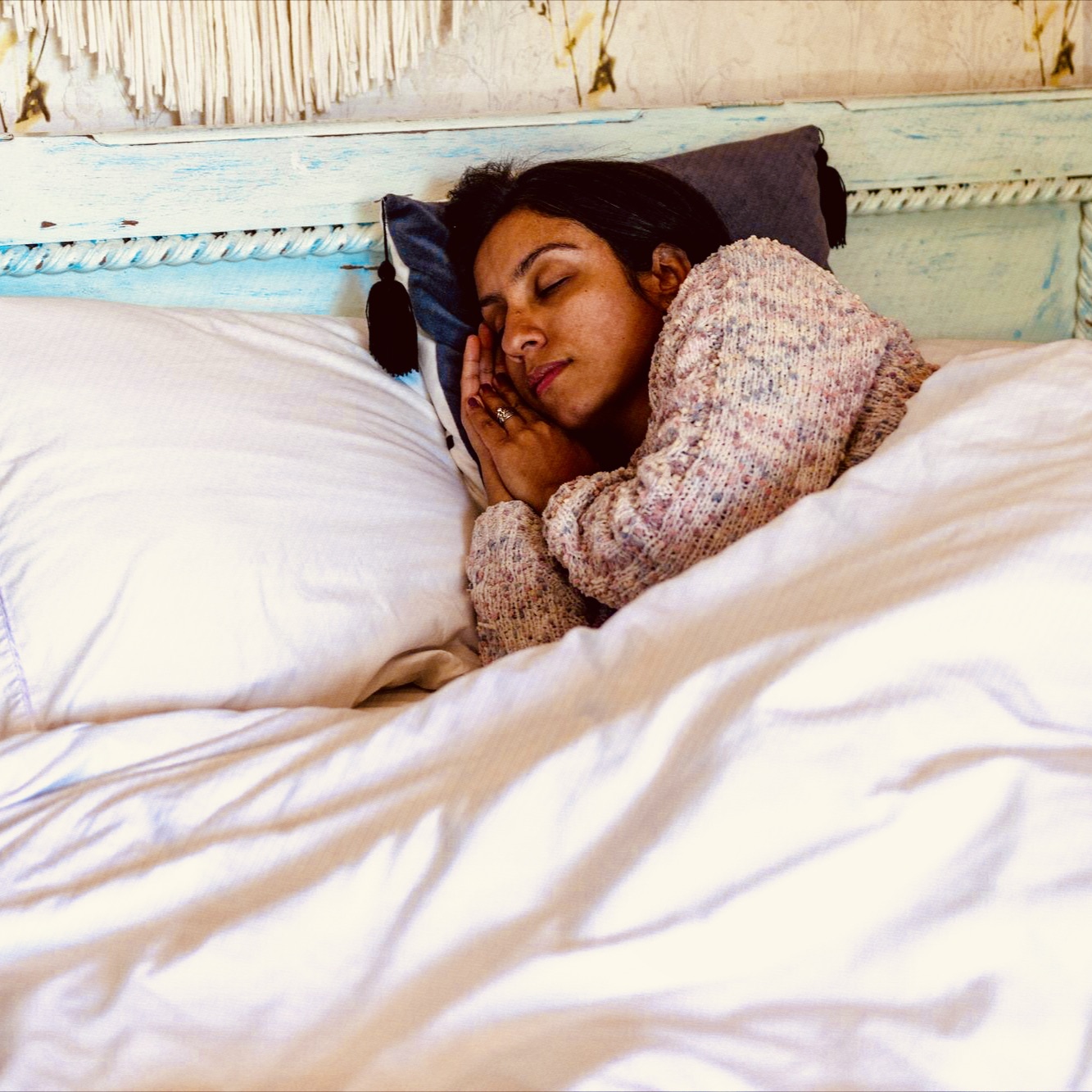Sleep-Wake Disorders
Sleep-wake related mental disorders represent a fascinating yet often overlooked area in mental health. This article explores their causes, symptoms, and effective treatments, shedding light on their impact on overall mental well-being. Discover the importance of awareness and management strategies.

Sleep-wake related mental disorders represent a fascinating yet often overlooked area in the realm of mental health. This article delves into the complexities of these disorders, exploring their causes, symptoms, and effective treatment approaches. Our journey will offer a comprehensive understanding, shedding light on how these disorders intertwine with overall mental well-being.
Understanding Sleep-Wake Disorders
Sleep-wake disorders are a group of conditions that primarily affect the quantity, quality, and timing of sleep. They often lead to distress and impairment in daytime functioning, and their influence on mental health can be profound. The relationship between sleep-wake disorders and mental health is bidirectional. Poor sleep can exacerbate or even trigger mental health issues, while existing mental disorders can lead to sleep problems.
Common Types and Causes of Sleep-Wake Disorders
Insomnia, characterized by difficulty falling or staying asleep, is one of the most common sleep-wake disorders. It can lead to fatigue, mood disturbances, and reduced quality of life. Sleep apnea, a potentially serious disorder, involves repeated interruptions in breathing during sleep, increasing the risk of various health issues. Narcolepsy is marked by excessive daytime sleepiness and sudden attacks of sleep, profoundly affecting daily activities. A myriad of factors contribute to the development of sleep-wake disorders, including genetic predisposition, environmental factors, lifestyle choices, and underlying medical or psychological conditions.
Diagnosis and Treatment Approaches
Accurate diagnosis of sleep-wake disorders often involves a combination of self-reports, clinical evaluations, and sometimes sleep studies like polysomnography. Various medications can be used to treat sleep-wake disorders, but they must be carefully managed to avoid dependency or side effects. Cognitive-behavioral therapy (CBT) is particularly effective for insomnia, helping to change sleep habits and address underlying causes. Simple lifestyle modifications, such as regular exercise, a healthy diet, and good sleep hygiene, can significantly improve sleep quality. Advancements in technology, including sleep tracking devices and apps, have opened new avenues for monitoring and managing sleep-wake disorders.
Impact on Different Populations and the Stigma
Sleep disorders in younger populations can impact growth, development, and learning. Older adults often experience changes in sleep patterns, which can exacerbate existing health conditions. Despite their prevalence, sleep-wake disorders often go unrecognized or untreated due to societal stigma and lack of awareness. Increased awareness and advocacy are crucial in addressing the challenges posed by sleep-wake disorders and improving the lives of those affected.
FAQs About Sleep-Wake Related Mental Disorders
-
How do sleep-wake disorders affect mental health?
Sleep-wake disorders can exacerbate or trigger mental health issues, creating a bidirectional relationship where poor sleep and mental health problems influence each other.
-
What are the common treatments for insomnia?
Common treatments for insomnia include cognitive-behavioral therapy (CBT), medications, and lifestyle modifications aimed at improving sleep habits and hygiene.
-
Can lifestyle changes improve sleep quality in sleep-wake disorders?
Yes, lifestyle changes such as regular exercise, a healthy diet, and maintaining good sleep hygiene can significantly improve sleep quality and manage symptoms of sleep-wake disorders.
-
How does technology aid in managing sleep-wake disorders?
Technology aids in managing sleep-wake disorders through sleep tracking devices and apps that monitor sleep patterns, providing data to help individuals and healthcare providers tailor treatment plans.
-
Why is awareness about sleep-wake disorders important?
Awareness is crucial for early detection, reducing stigma, and encouraging individuals to seek treatment, ultimately improving quality of life and overall health.
Conclusion
Understanding and addressing sleep-wake related mental disorders is crucial for overall health and well-being. With proper diagnosis, treatment, and increased awareness, individuals can manage these conditions effectively and lead healthier lives.
Try XYCHIATRY today
- See how it works in real-time. Take a quick self-assessment or walk through a sample patient case. No signup required.

